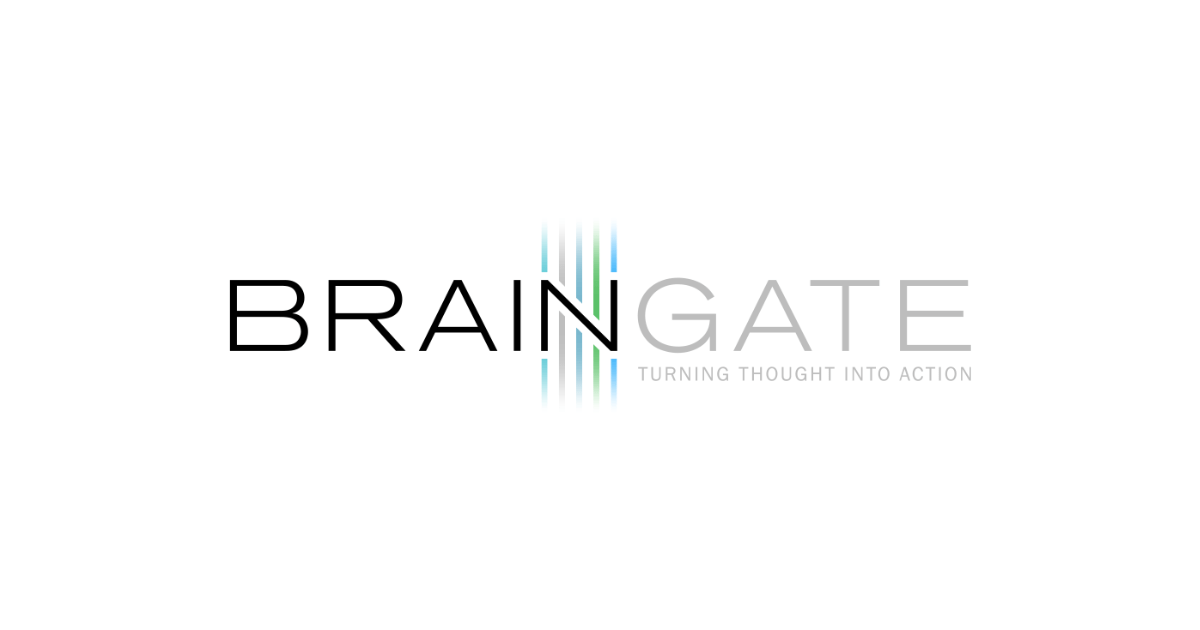BCI, a device that restores communication in patients with neurodegenerative diseases

BCI, a device that restores communication in patients with neurodegenerative diseases
BrainGate

Technological innovation that restores communication in patients with neurodegenerative diseases
The brain-computer device, known as BCI (Brain-Computer Interface), is a technological innovation designed to restore communication in patients with neurodegenerative diseases like amyotrophic lateral sclerosis (ALS).
This system translates brain signals into audible words, providing a solution for those who have lost the ability to speak due to muscle paralysis. Through sensors implanted in the brain, the device can decode the patient’s speech intentions and convert them into artificial voice.
BCI technology allows patients to regain their ability to communicate with family and friends, even in spontaneous conversation settings, by detecting and interpreting brain signals. The use of neural networks and advanced algorithms enables the device to offer high accuracy in word translation, surpassing other voice recognition technologies.
This advancement represents hope not only for ALS patients but also for people with other communication-impairing conditions, such as strokes or spinal cord injuries.
Characteristics of innovation
Localization
United States
Partners / Funders
Brown University, Emory University, Harvard Medical School, Massachusetts General Hospital, Stanford University, UC Davis, US Department of Veterans Affairs
Genesis
The first clinical trial was conducted with a 45-year-old ALS patient who regained the ability to communicate with 97.5% accuracy. The man underwent surgical implantation of four microelectrodes that recorded his brain activity. Speech attempts were decoded through a screen, and voice software vocalized the words, mimicking his pre-illness voice.
Level of implementation
On the first day of use (25 days post-surgery), the neuroprosthesis achieved 99.6% accuracy with a 50-word vocabulary. The system was calibrated in 30 minutes as the man attempted to speak. By the second day, after 1.4 additional hours of training, the accuracy was 90.2% with a 125,000-word vocabulary. After more training, the neuroprosthesis maintained 97.5% accuracy over 8.4 months, and the man used it to communicate in conversations at a rate of about 32 words per minute, for over 248 accumulated hours.

Banc d’innovacions






